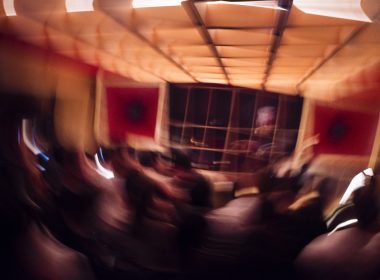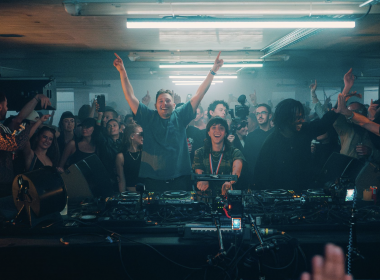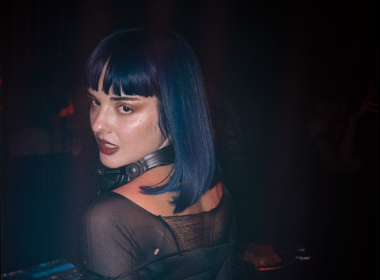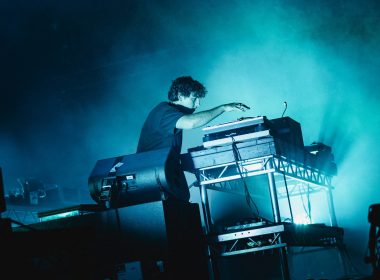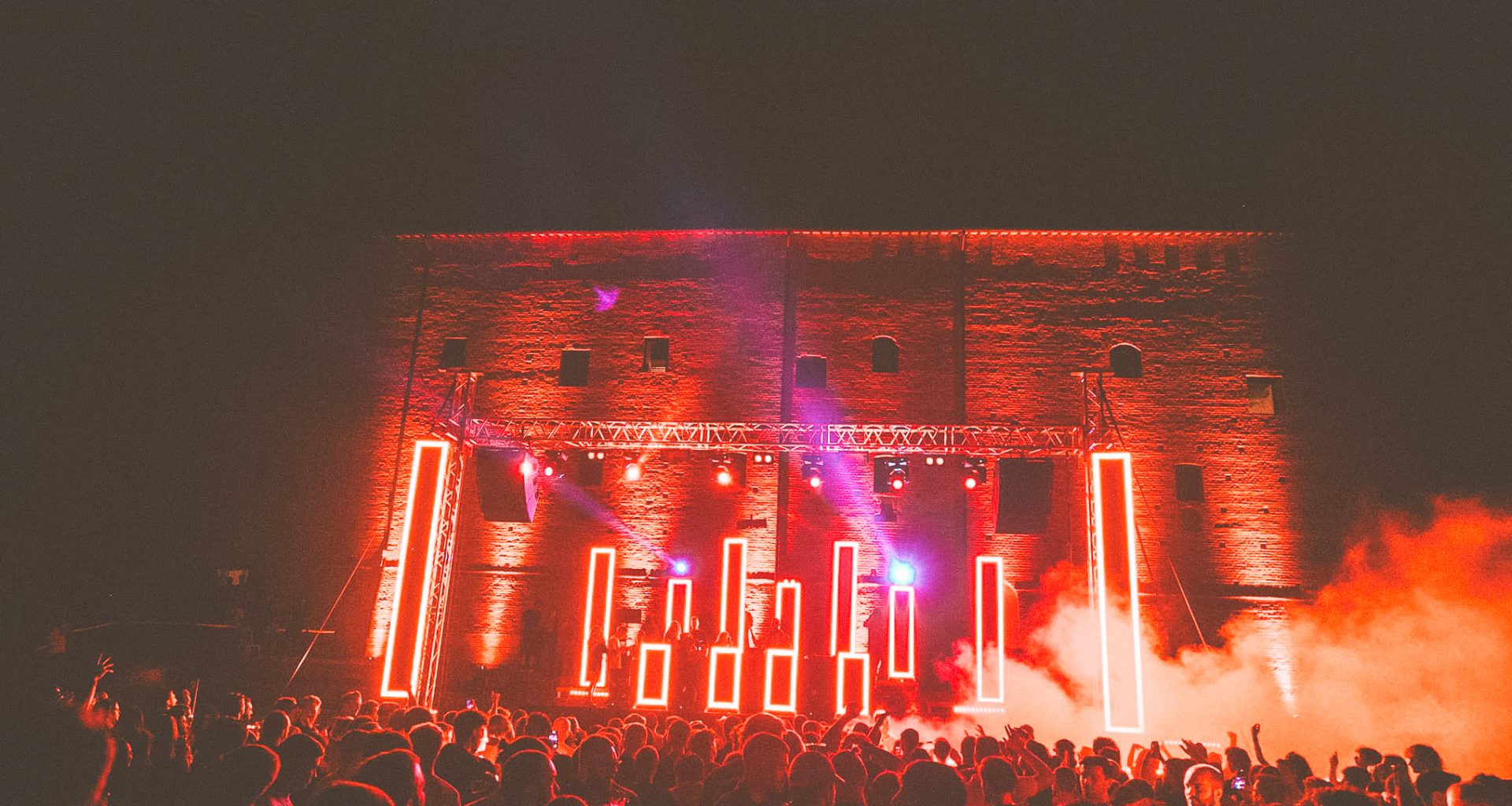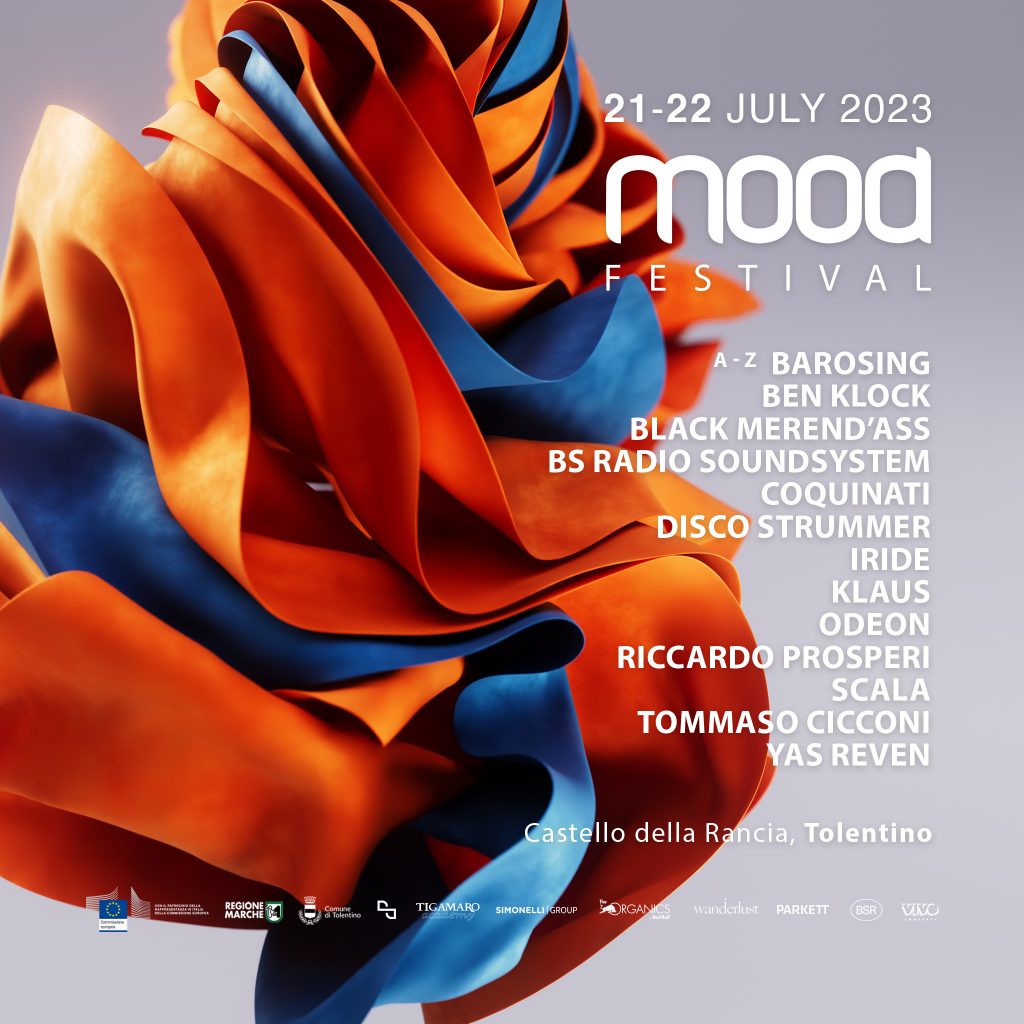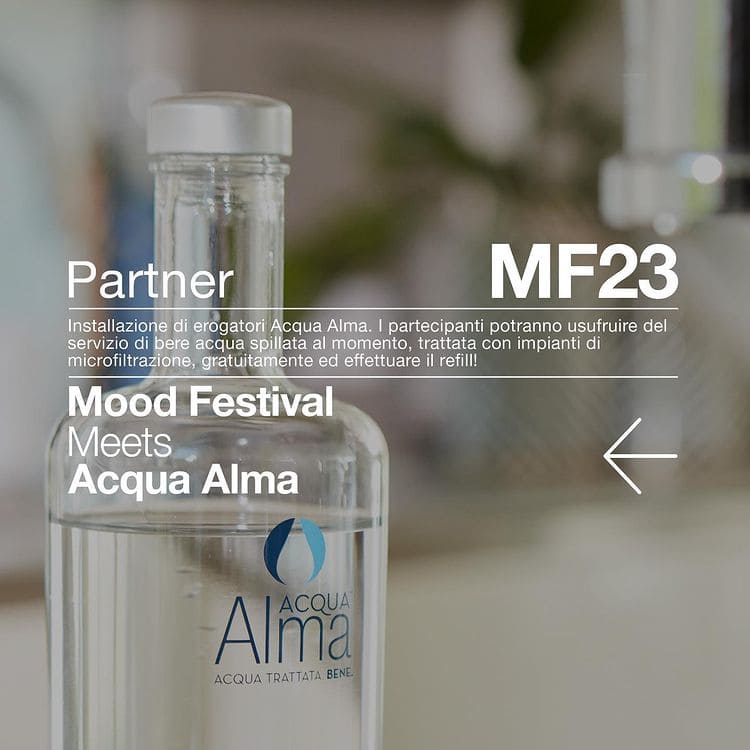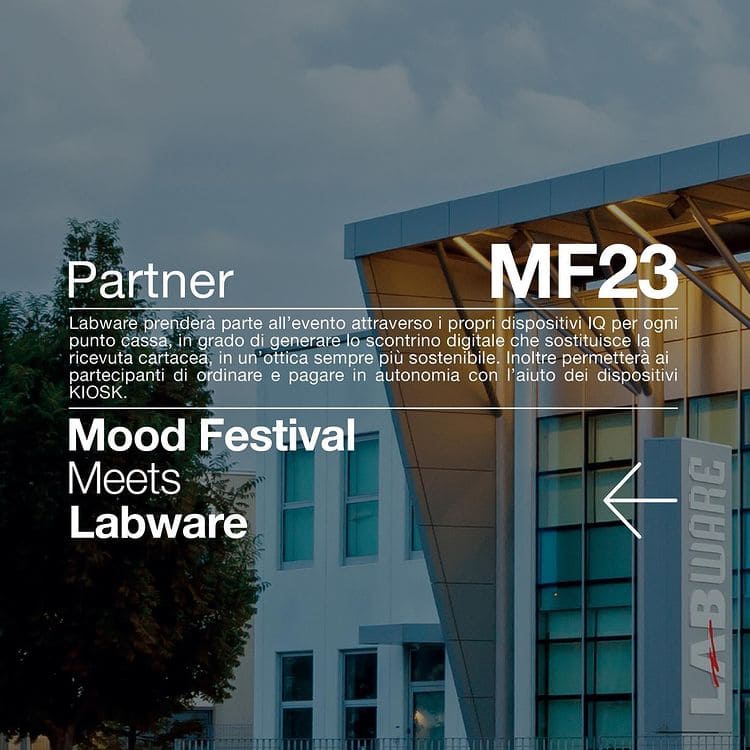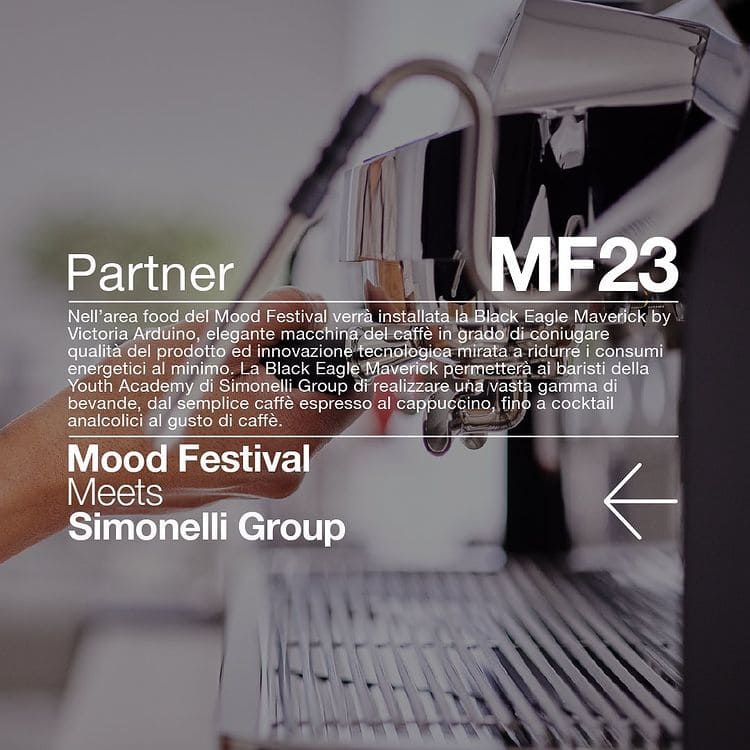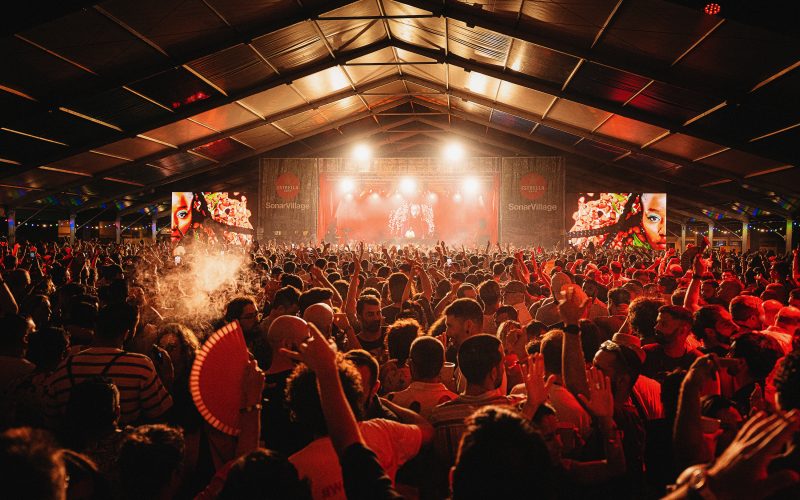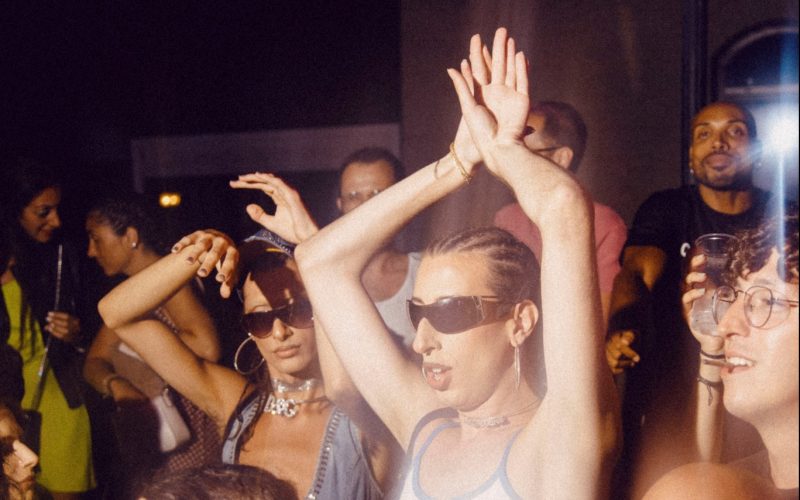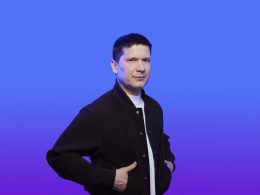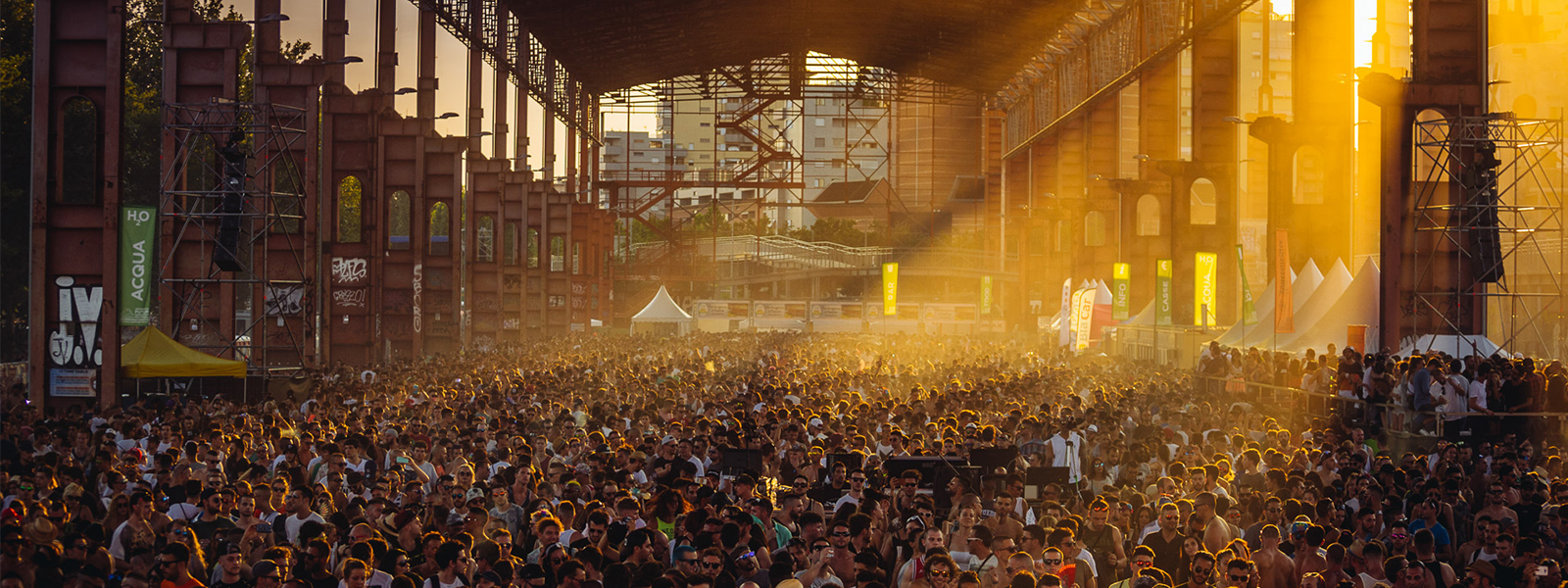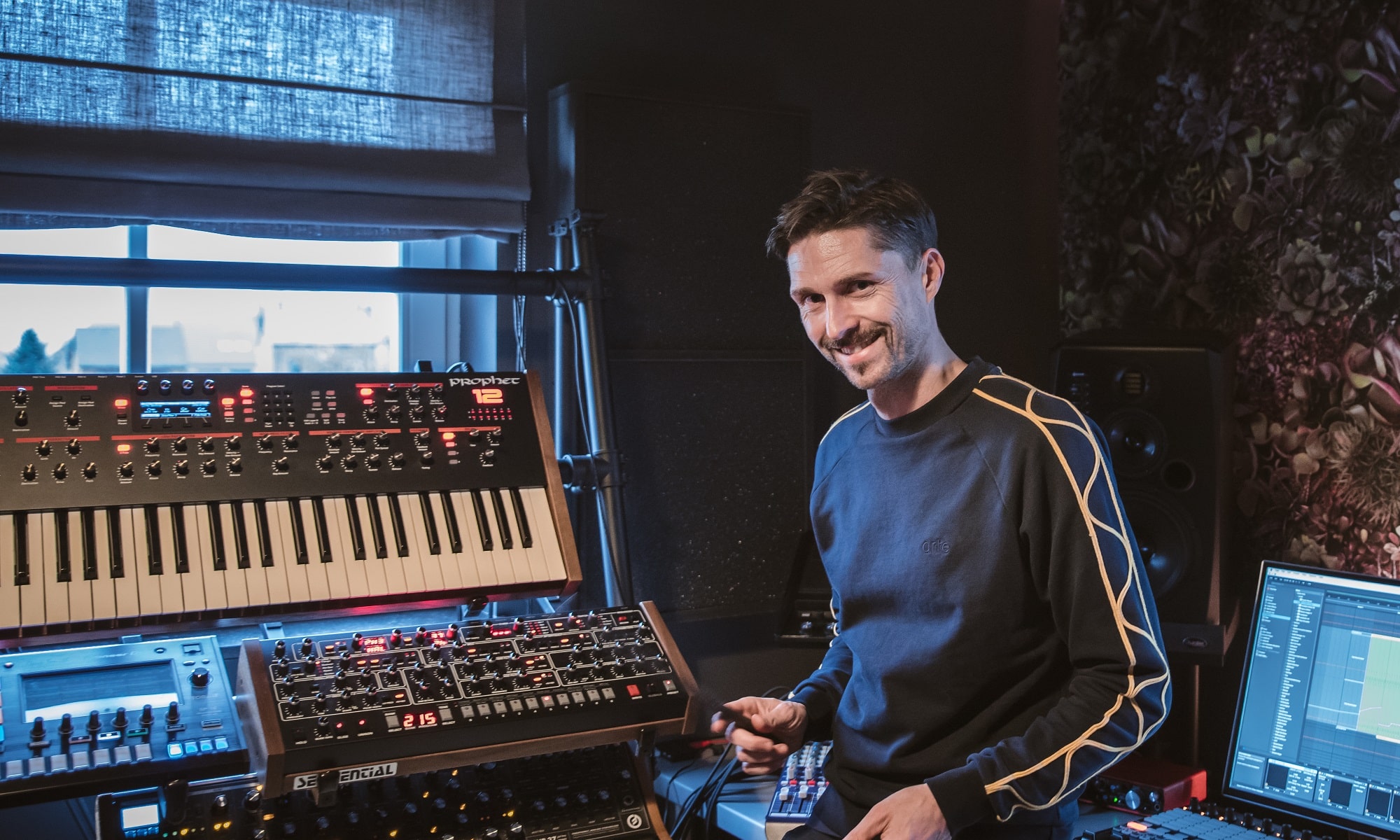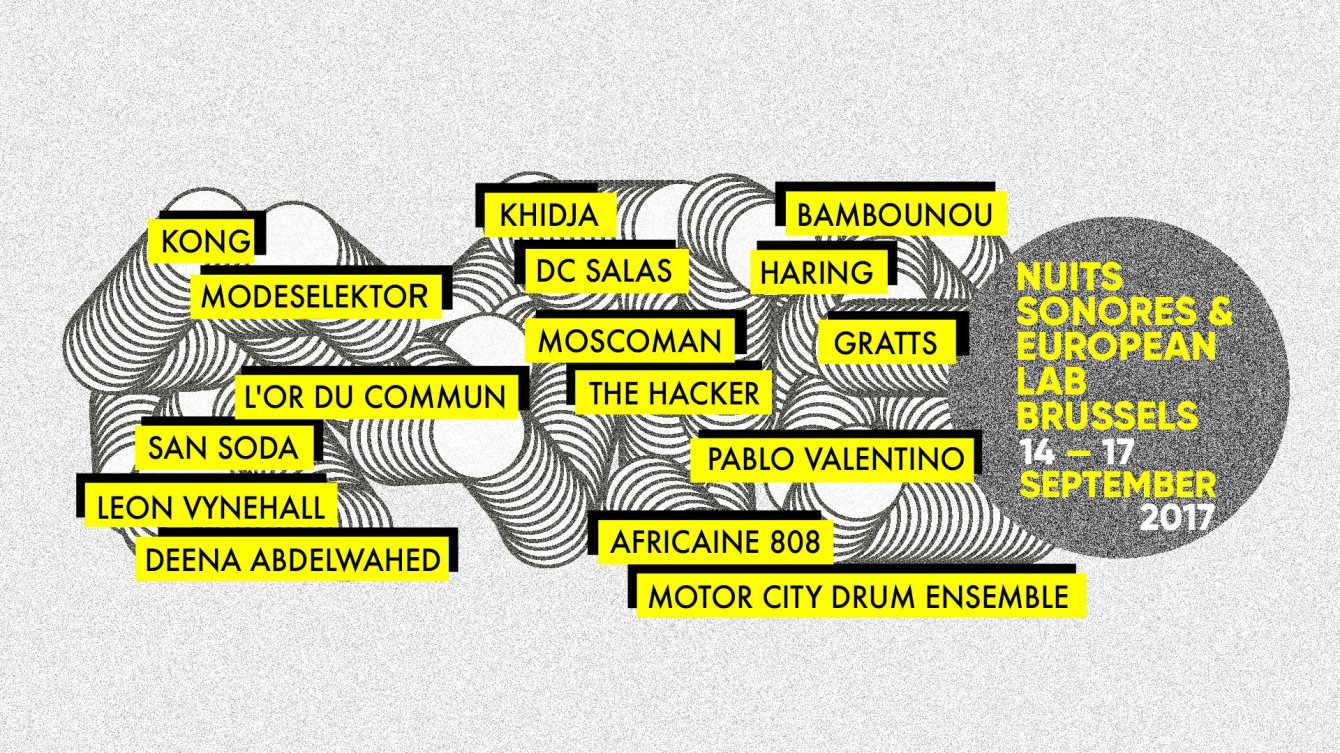The term ‘Mood’ reflects the perfect synthesis of who we are. A state of mind, an atmosphere, the right attitude to do something.
More and more clubbers are looking to get away from the masses. Looking to enjoy music in smaller formats, in an intimate atmosphere, seeking to connect with the environment and its sensations. The summary of all of the above translates into the rise of boutique festivals, which in countries like Italy are the epitome with concepts such as Mood Festival, happening on 21-22 July in Tolentino. Let’s take a take a closer look at it in this article!
Since 2015, this annual event has been fusing the best of electronic music, art and history in an unprecedented location. Why? Because Mood is held at the Castello della Rancia in Tolentino, a historic castle in the Marche region and emblem of the event.
After an iconic preview at Porto San Giorgio on 17 June, the ninth edition will be on 21-22 July. And for the first time, with a format divided into two stages. On the one hand, the Main Stage – Xceed Privé will give the opportunity to live the experience in an exclusive way. On the other hand, the Wanderlust Stage – Bridge Area in collaboration with Wanderlust Vision collective will bring the most artistic vision of the event.
But Mood goes beyond the beats. In addition to its commitment to art, it stands out for initiatives such as the mission ‘No Mood 4 Plastic’, which will make this new edition sustainable and environmentally friendly. On the musical side, the stars of this year’s festival are the titan of techno Ben Klock, the melodies of Scala and Klaus, and the energetic charisma on the decks of Riccardo Prosperi, among others.
A unique opportunity to feel the music you love in a magical place. Join the mood!
Why Mood? How did the project kick off and how has it changed since its first edition?
Translated from English, the term ‘Mood’ reflects the perfect synthesis of who we are. A state of mind, an atmosphere, the right attitude to do something.
The versatility we use it with encapsulates what we create and what we would always like to convey to those who decide to experience our events. The Mood Festival project was born from a friendship linked by an intrinsic passion for music. A desire and intention to create something new. A bet for the future of the area and the construction of something unexpected and important.
A lot has changed since the first edition, except for the dedication and sacrifice towards our creation. First and foremost, we have grown as a group and as a team. Our horizons have broadened, and the analysis of the event itself has been, piece by piece, a growth in all respects. Attention to detail, care for our customers, respect and seriousness in all the bureaucratic aspects, and the design of the festival structure have been and are focal points for us. We have steadily and patiently matured over time.
As sustainability becomes vital and viral in the festival industry, Mood Festival has embraced it for the 2023 edition. How crucial is it for promoters to have this mindset, especially in Italy?
Let’s start with an important assumption: sustainability is fundamental in any work and field. Our world has a significant power, namely that of involving people of all ages, including the new generations that correspond to the word future. Sensitising our present and our future to a cleaner and more caring planetary vision is a sign of growth and rationalisation towards one of the most important issues we have now.
Italy, unfortunately, is really and significantly behind in this respect. Few are interested and concerned with preserving the land. Our reality, on the other hand, is committed to raising awareness of the subject in both theory and practice. We are an important voice that can be heard and taken as an example by many. In our own small way, we are and will continue to be committed with total openness towards the sustainable development of what our events are and will be, and the involvement in the sustainability of all our visitors.
What are the main areas that you work on and how hard is it for a promoter to implement? How complicated is it to teach the festival goers in Italy to implement sustainable practices?
Our collective goes to great lengths to design plastic-free events under the motto “No Mood 4 Plastic”. The organisational policy we adopt has minimised the environmental impact of all the events we make. It was a conscious and not easy choice that makes us very proud.
The main areas we work on are many: from bracelets made from recycled materials to completely biodegradable glasses and straws. Last year, water was sold not in bottles but in eco-friendly compostable cans. While this year, in collaboration with Acqua Alma, water will be distributed free of charge through dispensers recognised by Legambiente that filter and respect one of the most precious assets we have. Thanks to Labware, there will no longer be paper receipts but digital ones. The only physical orders we have will be dispensed and printed using only ecological paper.
Special bins for separate waste collection will be placed in each festival area. All in cooperation with one of the largest waste management and disposal services in Italy, Cosmari. The Simonelli Group’s ‘Victoria Arduino’ coffee machines, which will be in the food area. They were also carefully chosen because of their low energy consumption design. Implementing this is complicated and also, in some aspects, energy- and money-consuming.
Even more difficult is to raise awareness and teach our visitors what it means to behave well with our earth, which is why another important new feature will be environmental challenges. Through Ustep, a start-up from Catania and their special algorithms, it incentivises movement and certifies the actual CO2 savings of each user. Mood Festival will offer prizes to those who will participate and to those who actually move in a way that respects the environment.
Choosing the Castello della Rancia as the festival location captures the history and modernity that defines Mood. What caused the production headaches in that unique place?
The main problems are certainly related to the bureaucracy that is imposed when using such historic and important venues. The realisation of the event is preceded by several compulsory steps such as: agreements with the municipality and all the relevant authorities; the elaboration of the safety plan with annexed special inspections to ensure that everything is up to standard for the wellbeing of the castle and the participants and supervision by the public entertainment commission for the issuance of the licence for the event being proposed.
Respect for the territory, the authorities, nature, the citizens and for the history that each place holds. There are iconic places that must be preserved. Following the rules is what every event organiser must do, always.
What should promoters be aware of when creating events in special sites like this?
The main awareness lies in appreciation and respect for the historicity and importance of the chosen location. Attention to cleanliness and scrupulousness with regard to safety, so that no one crosses established rules of behaviour, has always been an absolute principle for us to follow.
What is the main difference of production in the castle, main obstacles? Any crazy stories you can share?
The production of an event with extremely complex set-ups and structures such as those of Mood Festival is by no means simple inside a medieval castle like ours. The uneven terrain throughout the area used means that the ground has to be levelled at every point of the festival: from the food area, to the bars, to the chill area, to the two dedicated areas and both stages. With regard to the latter, additional supports are also designed and constructed as stable bases for them. Another important intervention is the laying of a washed gravel layer to prevent dust settled in the castle ground from rising during the event.
We can tell several stories and backstage stories concerning all the past editions of Mood, some funnier, others less. Let us start with an unpleasant story in 2016. That year, unfortunately, our area was hit by a strong earthquake. That halted the production of the event, two weeks before it took place, due to the precariousness of the castle walls. The securing of the location was the reason for the definitive cancellation of that edition.
Turning to the lighter and funnier anecdotes, we like to tell of all those at the end of the festival. After exhausting weeks of preparation and work for the event, the entire crew fell asleep exhausted in the galley, between chairs, boxes, fridges and various things. Or the time when we distributed the leftover food from our food area to all the farmers in the area, who own livestock, so that they could give it to all their animals.
Another good one is when we found a little lamb in the middle of the fields adjacent to the castle. We picked it up and kept it with us during the afternoon assembly, before returning it to the shepherd who had lost it.






What advice would you give to other promoters organising events in non-stadart locations?
The main advice we can give comes in a single word: respect. Respect for the territory, for the authorities, nature, the citizens who live near the place where the event takes place, and for the history that each place holds. There are iconic places that must be preserved no matter what. Following the rules in a diligent and professional manner is what every event organiser must do, always.
Top 5 boutique festivals in Italy
Mood Festival not only offers a magical musical journey but also exclusive backstage experiences such as the Xceed Privé. How do you balance between VIP while fostering inclusivity and connection for all festival goers?
Our festival has always been a sign of all-round inclusiveness. Starting with our in-house team of 18 women and 21 men between the ages of 18 and 30. There is no distinction of gender or age, our team mirrors our events. The participants, and consequently the connections made during the festival, have no labels or social classes. They tell stories within a common framework of music, interaction and fun.
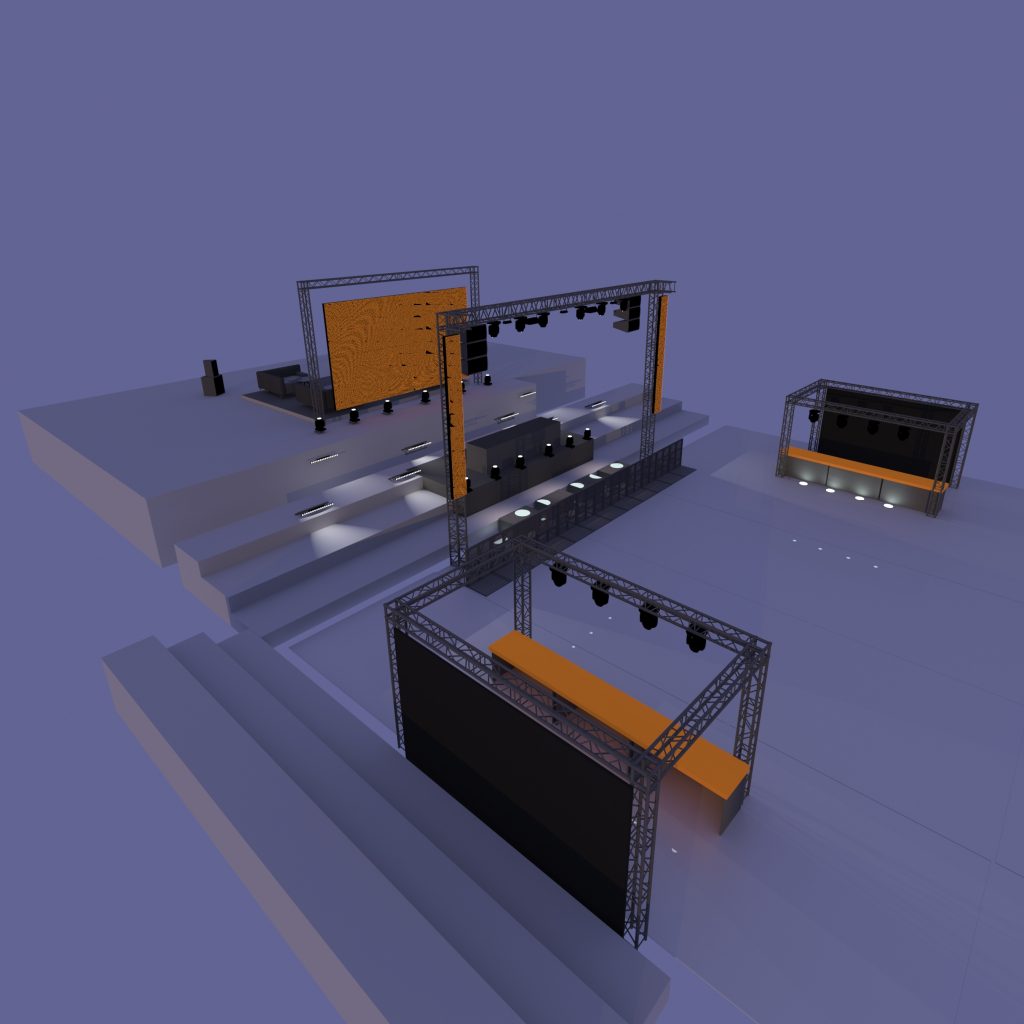
There are no ‘VIPs’ but simply people who, by supporting the event in an important way, have the possibility of living an additional experience to the one that the festival already offers. The Privé is an important space, with dedicated tables and service, which anyone can enter with a reservation. Festivals are synonymous with unique and intimate experiences, and everyone must have the way to experience them as they please. And this is where balance comes in. We do not create it, but it becomes a consequence, a natural flow that generates itself through the freedom of each individual.
The countdown to another edition of Mood has begun, and our excitement levels are off the charts! For those of you who haven’t yet been to a boutique festival, we warn you that there’s no turning back once you connect with formats like this. Dare to give it a go? See you at Mood Festival 2023!



